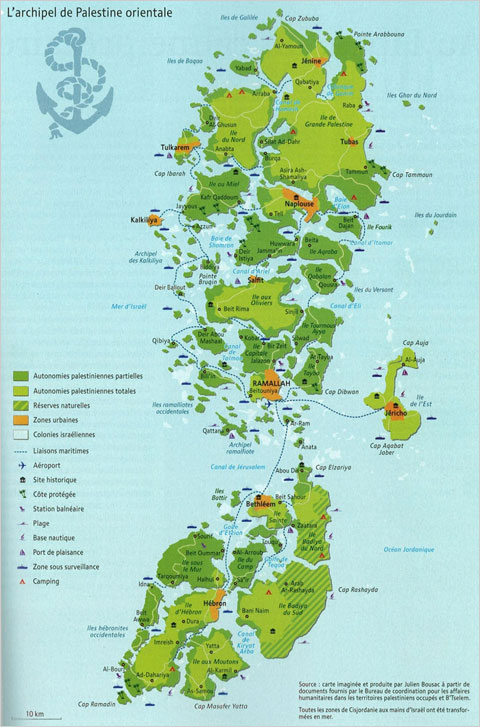True, there are no large-scale killings of civilians in the West Bank. But that’s not what Israel’s control of the West Bank is about
It is often mentioned that Israel’s war against the Palestinian people does not fall under the rubric of truly violent crime because of the absence of large scale killing of Palestinian civilians. Indeed, this point does have weight and the absence of rape as a tool of war in Israel’s arensel strengthens the argument. However, the core aim of Israel’s onslaught on the Palestinians is the control of space. Since the beginning of the Zionist colonization project, Israel has deliberately sought to control space. Beginning with the 1948 war, Israel liquidated Palestinian villages in order to take over their space and not necessarily to kill their inhabitants. Since the 1967 conquest of the West Bank and Gaza, the Zionist mantra of “a land without a people for a people without a land” has proven to be a guiding principle of Israeli conquest of the land.
Israel’s unwillingness to set fixed borders contributes to its ability to control Palestinian space. The separation barrier and recent Israeli land acquisition projects, such as settlement expansion, represent the current method of Israeli space control in the West Bank. The renowned Israeli sociologist Adi Ophir has coined the term ‘camps’ for built up Palestinian towns and villages in the West Bank. The barrier and myriad of checkpoints have isolated Palestinian areas leaving them in disjointed camps. Every minute, Israel pumps resources into institutionalizing this system of disconnection which makes a two-state solution virtually impossible, and ingrains permanent Israeli control. As a result, Palestinian institutions and centralization function like organs without a body. The absence of borders allows Israel to extend its power in the Palestinian territories unchecked, which Palestinians are now challenging with the drive to fix borders and declare statehood.
Just as Palestinians are excluded from representation in the Israeli military law they are subject to, Israel exerts sovereign control over space in the West Bank. The creation of settlements, therefore, is not as much of a problem as their continued maintenance which necessarily involves the unequal distribution of resources to Palestinians who, at least in Area C of the West Bank, are completely beholden to Israel. Even underground space and its resources such as wells and aquifers are controlled by Israeli occupation authorities. Sociologist Sair Hanafi has referred to Israel’s control of Palestinian space as ‘spaciocide’ because it forms an attack on a people with the absence of full scale slaughter.
Frantz Fanon wrote of the differences between the settler town and that of the native in his landmark book The Wretched of the Earth. He describes how clean and kept settler towns are while the town of the native are ‘uneven’ and dirty. A recent evening in the West Bank village of Nabi Saleh reminded me of this passage in reference to Israel’s ability to decide what is visible and invisible in the West Bank. After a long demonstration in which extremely violent crowd control measures were used, the people of Nabi Saleh invited the Israeli and international supporters in the village for a large meal. The traditional meat-based Palestinian kitchen was transformed to respect the veganism of the many Israelis. We ate together and then took much needed downtime over coffee and tea.
As I emerged from the dinner for the long ride home to Tel Aviv, I was struck by the darkness. The village was pitch black as if it was on the moon. I looked off across the valley to see the Jewish-only settlement of Halamish bathing in light. The settlement looked like a lighthouse in the pitch black sea of surrounding Palestinian villages. I asked one of the villages for an explanation for the darkness. He told me that every time they install proper road lights, Israeli soldiers destroy them due to ‘lack of permits.’ Of course, the permits required to build light posts are virtually impossible for Palestinians to acquire.

